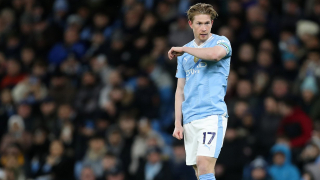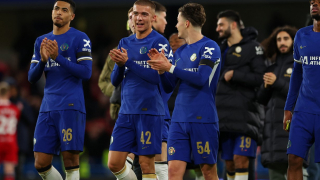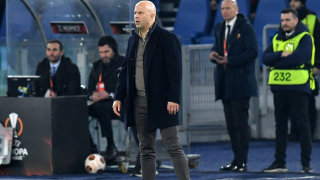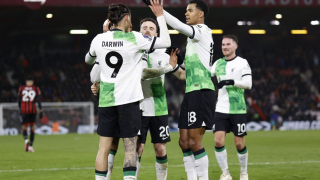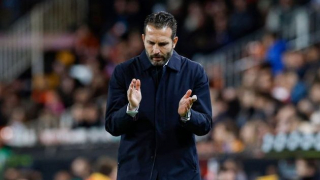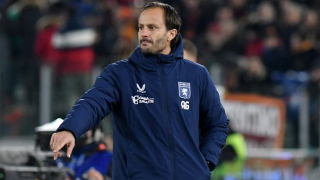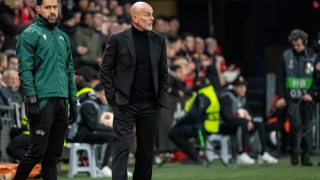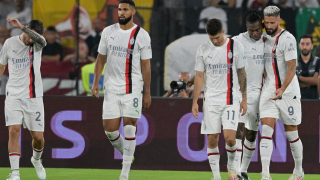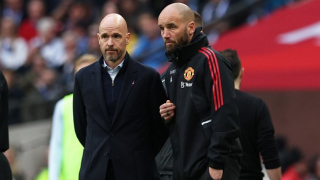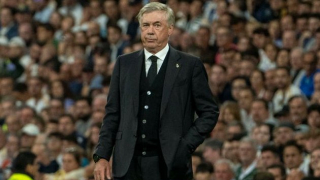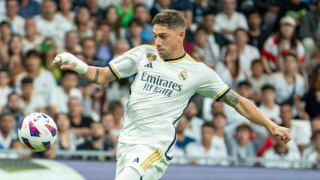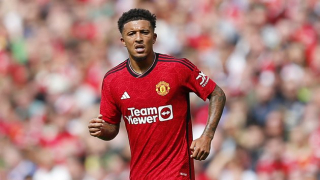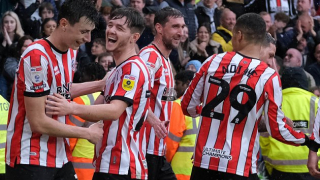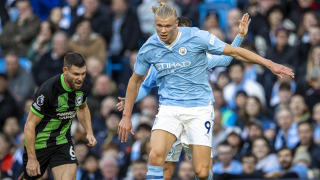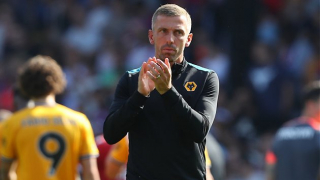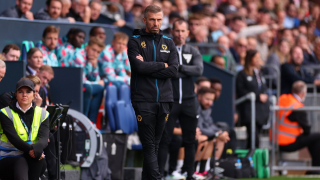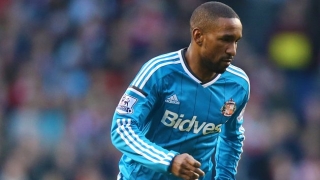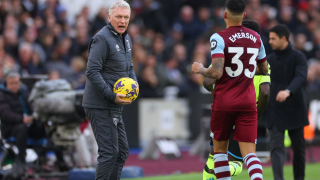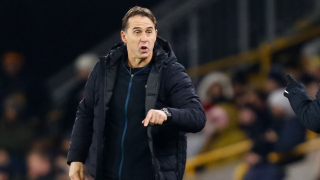"I've never quite recovered from it. Nothing has lived up to that in my sporting life..."
The official clock read 87 minutes when Robert Taylor made it 2-0 for Gillingham. It was the 1999 playoff-final in what is now League One and Manchester City seemed destined for another season in the third tier of English football. Chairman at the time, David Bernstein, takes us through what then followed.
"We were favourites to win but didn't play particularly well. I'm looking at a giant Wembley scoreboard, Gillingham two, City nil. The Gillingham fans are singing away. Our fans are leaving the ground. I'm really thinking, what the hell?
"Then Kevin Horlock scores and we're delighted to see five minutes extra time. And lo and behold, Paul Dickov equalised, the fans came back into the ground and then we won the penalty shootout," tells a still rather emotional Bernstein of the incredible ending to a frustrating season which never should have happened to a club the size of Manchester City.
"It was a match of huge consequence. I think it's the most important match in City's history. Without those two goals, I think the rest of City's history would be very different," says Bernstein in a lengthy conversation with Tribalfootball.com on his eventful times as both member and chairman of the board at Manchester City.
David Bernstein recounts his five-year period as chairman of the Citizens in a recently published and very entertaining book, "We were really there". Bernstein has been a highly successful businessman but found running a football club a very different experience.
"That's the beauty and the challenge of football. It is so immediate. In many ways, it is governed by results and performances and the way the fans feel and so on. You need to understand that passion but at the same time, you've got to maintain a level head and attempt to employ medium- or long-term strategies," says Bernstein who took over a club spending far too much money without getting results out of a bloated squad and a run-down stadium.
"I loved Maine Road, but it was antiquated. We didn't have a training ground to speak of, which is unheard of for a serious club like that. We didn't have a proper store. Frankly, the general management of the club wasn't great.
"In a way, the scale of the problem became the opportunity. Because things were so bad, you could make a real impression very quickly," tells Bernstein who saw manager Joe Royle guide the team straight through the Championship and into the Premier League.
"My time with Joe was the best I had at the club. Absolutely super. I liked him very much and he did a really good job."
Eventually, the relationship soured, though, and in his book, Bernstein recounts an amazing meeting over a dinner with Royle in an Indian restaurant which in the end led to the sacking of the manager as well as the end of a friendship.
"I wish we could," says Bernstein, who witnessed a drinking culture among players and staff seemingly spiral out of control.
"It was probably heavier than I knew, to be honest. Perhaps people didn't let me know quite what was going on."
Kevin Keegan replaced Royle as manager which makes for some enlightening reading.
"When you take Kevin Keegan on, you're taking a tiger by the tail. He was a great personality and his first year for us was terrific. We played the most fabulous football."
As great as the times was on the pitch, as rocky was the relationship off it.
"I believe in football, as in the rest of life, you need a balance between ambition and responsibility. Kevin had plenty of ambition, that's for sure, but I think it verged onto the irresponsible.
"He wanted to do things which made very little sense. We were just quite a way apart, philosophically, and that was okay for a while, but in the end, it led to my leaving the club. When things become difficult, you want people you can be in the trenches with. Kevin was not someone I felt I could be in the trenches with", tells Bernstein who received several letters of encouragement from fellow chairmen of other Premier League-clubs, when he left the club.
"I had very civilised relationships with most chairmen. Some were really smashing people and there were characters among them. David Dean, Ken Bates, Sir John Hall, Doug Ellis, all were real personalities. It was less corporate than it is now, which I enjoyed."
What Bernstein wouldn't enjoy was a European Super League, "I'm a passionate believer in the pyramid of English football", and he shudders when contemplating City being forced into relegation for breaching the FFP-rules.
"It would be a tragedy if the fantastic work that City and Pep Guardiola has done gets tarnished by all this, it would be a great shame. But the process must be conducted properly and we'll see where it ends up," says Bernstein who describes his relationship with the club as "distant" these days.
It wasn't distant when he saw players like Georgi Kinkladze, Ali Benarbia, Shaun Goater and Peter Schmeichel brought into the fold. Would any of them get into Pep Guardiola's side today?
"If there was one, it would be Nicolas Anelka. He was a genuine class player. He had fantastic pace. He was a world-class player and frankly, if you're not a world-class player, you don't fit into City team now."
- David Bernstein's "We Were Really There" is published by Pitch Publishing and can be purchased here

